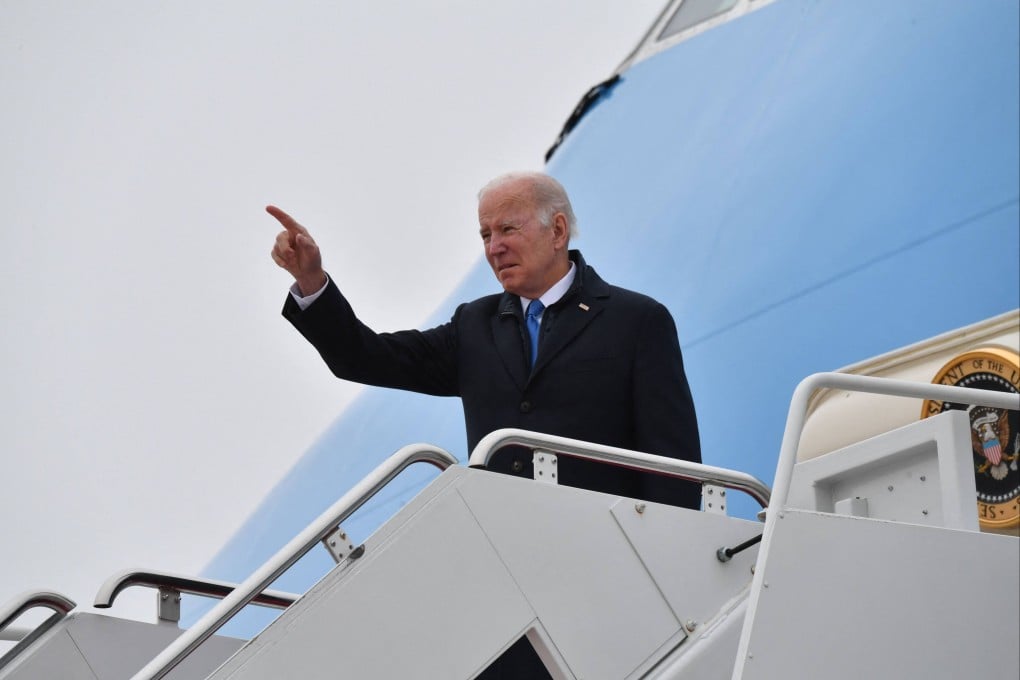Letters | Why the US democracy summit was neither fish nor fowl
- Readers discuss the rich irony of America hosting a democracy summit, question the assertion that low voter turnout suggests good governance, and argue for iAM Smart to replace ID cards

Can such a meeting still call itself a summit – by definition a meeting of government heads? Seeing such a neither-fish-nor-fowl title, one cannot help but cite Confucius: “If names be not correct, language is not in accordance with the truth of things.”
The Taiwan problem has been America’s “trump card” in dealing with Beijing and, normally, Washington does not play this card rashly. But recently, the US has made frequent use of the Taiwan problem to create trouble for China. This suggests there are fewer cards left for Washington to provoke China and attempt to slow down its development.
The US hosting the summit may also be a response to the shift in global public opinion. Since the 2008 financial crisis, in Western countries, including the US, problems – such as governance efficiency, a widening wealth gap and economic stagnation – have become increasingly acute. In particular, there have been failures in the fight against Covid-19. In contrast, China’s economy is flourishing and its government has done a good job of containing Covid-19.
